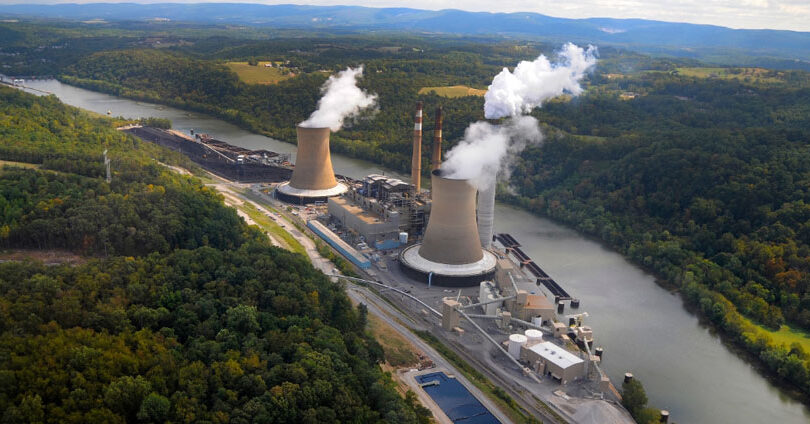MORGANTOWN – Coal was the theme for actions by the Senate and House energy committees on Tuesday, with two bills and one resolution moving forward.
The Senate Energy, Industry and Mining Committee approved SB 609, which would require a West Virginia utility company to obtain approval of the state Public Energy Authority to decommission or demolish an existing power plant.
The utility would have to file a petition with the PEA and include a third-party analysis of the social, environmental and economic impacts of the action. The petition would also include potential alternatives to the action, including reconstruction that makes use of other technologies, such as novel technologies and green technologies as alternative fuel sources.
The PEA would be required to draft rules for legislative approval on implementing the bill’s provisions.
Sen. Mike Caputo, D-Marion, asked how the bill would apply to already decommissioned plants, such as the Rivesville Power Station in his hometown. The town has been trying to have something done with the site, which requires police and fire protection.
He said he didn’t want the bill to serve as an obstacle or excuse for a utility to deal with a plant.
A spokesman for Appalachian Power told the senators that AEP has one non-operating plant and FirstEnergy has three – including Rivesville.
Committee counsel said the bill was unclear on that topic. So Caputo proposed an amendment, adopted by the committee, to require the PEA rules to address that.
The senators approved the bill unanimously and it goes to the full Senate.
The committee also originated a resolution urging West Virginia’s Congressional delegation to promote new construction of coal-fired electric generation facilities and development of efficient clean coal technology and carbon sequestration projects in West Virginia.
The resolution refers to outages suffered in the PJM regional grid during December’s Winter Storm Elliott because of the failure of fuel sources, and notes West Virginia’s abundant supply of coal.
Sen. Rupie Phillips, R-Logan, mentioned PJM’s January presentation to the committee on the outages. He said he’s looking forward to PJM’s mid-April report on the outages and what it says about how coal keeps the nation safe and warm.
Renewables and batteries can’t do that, he said. “Coal is real. Coal can get the job done.”
The committee approved the resolution and sent it to Senate Rules, which handles all resolutions and sends them to the Senate floor.
House Energy and Manufacturing approved HB 3304.
It says that starting March 31, steam coal severed within the state and sold to in-state power plants will be exempt from severance tax, except for the portion devoted to counties and municipalities.
Senate Energy passed the same bill, SB 168, last week and sent it Senate Finance.
Both bills have the same fiscal note that describes the estimated loss to general revenue: $3.5 million this fiscal year, $22 million in FY 2024 and $24 million thereafter.
Delegate Kayla Young, D-Kanawha, also pointed out another potential problem raised in the fiscal note (also briefly discussed in Senate Energy): It says the effect of the bill is to create a de facto export tariff on coal sold for use outside the state – about two-thirds of all the steam coal sold. “Such taxes on interstate commerce may run contrary to the intended purpose of the Commerce Clause of the U.S Constitution.”
Delegate Evan Hansen, D-Monongalia, raised a third issue. While the bill preserves the tax money channeled to municipalities and counties, it doesn’t preserve the additional money sent to coal-producing counties. He’s concerned about the possible fiscal impact on those counties.
Delegate Elias Coop-Gonzalez, R-Randolph, joined Hansen and Young in opposing the bill. His reason was the potential Constitutional issue – at least until he has more information on that, he said.
Proponents cited various reasons for supporting it, including the national War on Coal and the support for miners and their families.
It passed and goes to House Finance.
Tweet David Beard @dbeardtdp Email dbeard@dominionpost.com




